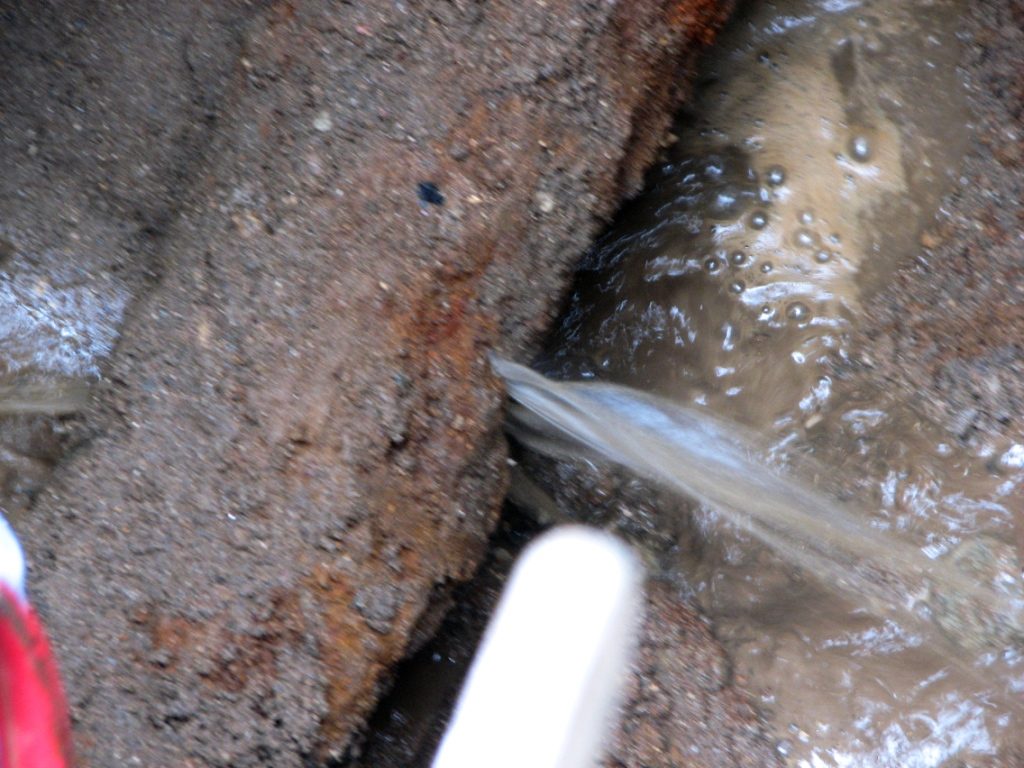News
What Causes Water Pipe Corrosion?
When it comes to our water supply, it’s all too often a case of out of sight, out of mind. We don’t tend to think about our water until something happens and it suddenly isn’t running as it usually does… and then all hell breaks loose and panic ensues!
Well, perhaps not quite, but it can be incredibly frustrating and hugely inconvenient to suddenly find yourself without a reliable water supply, not to mention costly to yourself or your business.
Water pipe corrosion is something that can affect anyone at any time and there are many reasons for it, so it’s vital that you do at some point get in touch with a water audit services company so you can identify any issues before they become massively problematic for you and end up costing you money.
Damage to pipes is very common, unfortunately, and can be down to any number of different reasons, from age and general deterioration of the network to weather erosion, vibration from traffic passing by, accidental damage through work being done near them, damage caused by animals or poor connection of joints and valves.
A corroded cast iron water supply pipe can cause a very costly water leak. Most commercial sites pay for water via a meter for each cubic metre used or indeed wasted by unknown water leaks. In fact, here at H2O Building Services, we’ve just completed a project for a firm that was spending £10,000 a year because of a leak!
Interestingly, the water itself can also cause pipe corrosion. According to a Water & Wastewater Treatment article written by technical specialist with MWH Lisa Barrott, pipe corrosion is actually one of the biggest causes of complaints related to water quality from customers, and companies in the UK will regularly assess the impact of pressure changes and flow on water quality, investing a lot of money to reduce this impact.
Wessex Water, for example, has been reviewing the corrosion indices on a number of its sources to help develop its water quality strategy in the future. It has been looking into installing a carbon dioxide/lime dosing plant at one of its water treatment works to treat soft water and reduce ongoing corrosion in the pipes, with this water to be used interchangeably in its supply zones.
Ms Barrott observed: “It will unquestionably cost a significant amount to install and operate. But replacing corroded mains is expensive too, as is the cost of customer complaints of discoloured water and burst pipes. Improving the water chemistry is an excellent step in the right direction.”
It certainly seems as though no pipes are safe from corrosion, either. We’ve just come across this article in the Guardian revealing that the Houses of Parliament themselves are in a sorry state, with some of the water pipes dating from as far back as the 19th century – and, indeed, they should have been replaced in the 70s. As the steam pipes age, the more likely they are to break and therefore leak – so unless something is done about it, we may well be waving goodbye to Parliament as we know it right now.
In fact, five years ago clerk of the Commons Sir Robert Rogers commissioned a report into the state of the Palace of Westminster, arguing that a renovation programme be carried out over six years or so. And in January next year, MPs will decide whether or not to establish a delivery authority to oversee these works. So there may yet be hope for the Houses of Parliament!
For water audit services call H20 Building Services on 01924 387 873 or email info@h2obuildingservices.co.uk
